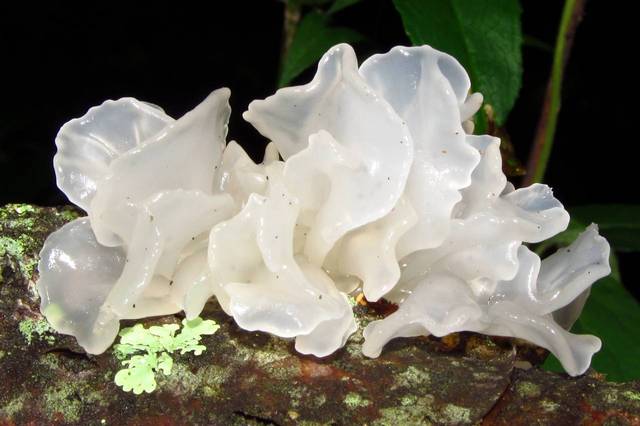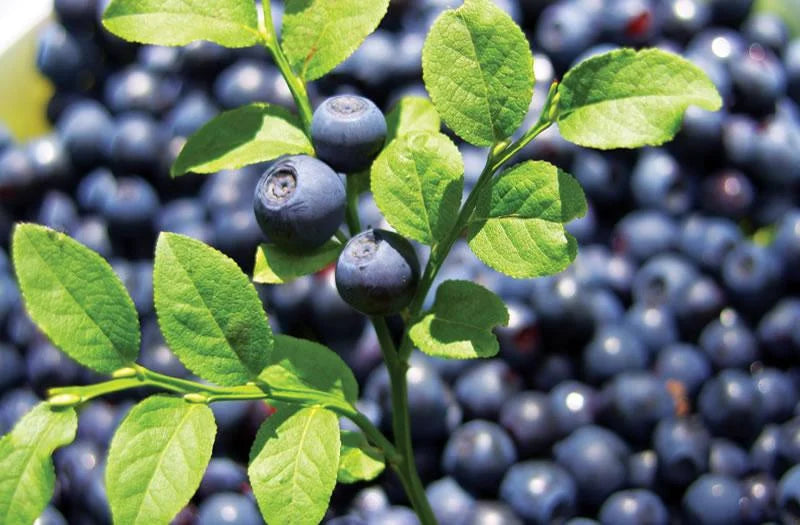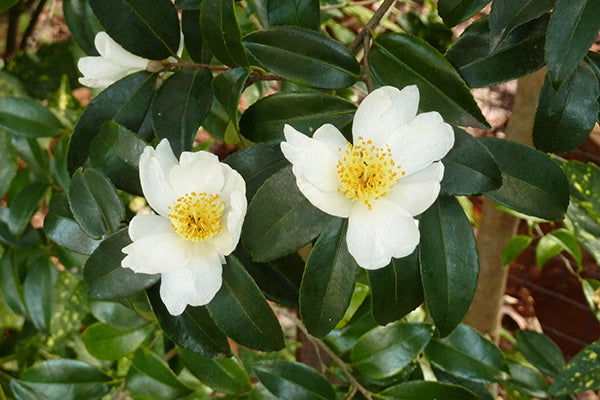
Snow Mushroom and How It Helps
What is Snow Mushroom?
The snow mushroom, scientifically known as Tremella fuciformis, is a type of mushroom that is highly regarded for its potential health and skincare benefits. This mushroom is often referred to as the "beauty mushroom" due to its traditional use in Chinese and Japanese herbal medicine for promoting radiant skin and overall health.
Key characteristics and uses of the snow mushroom include:
- Edible and Culinary Use: In addition to its potential health benefits, the snow mushroom is edible and used in various culinary dishes, particularly in soups and desserts. It has a jelly-like texture when cooked and is appreciated for its mild flavor and ability to absorb the flavors of other ingredients.
- Hydration and Moisturization: Snow mushroom extract is recognized for its exceptional ability to retain water and provide intense hydration. It is used in skincare products to enhance skin moisture and plumpness, making it a valuable ingredient in moisturizers and serums.
- Antioxidant Properties: The snow mushroom contains antioxidants that help protect the skin from damage caused by free radicals. These antioxidants can contribute to reducing the signs of aging, such as fine lines and wrinkles.
- Skin Brightening: Some formulations incorporate snow mushroom extract for its potential to brighten the complexion and even out skin tone, making it useful for individuals with concerns about pigmentation and dark spots.
- Soothing and Calming: Snow mushroom extract is known for its soothing and calming properties, making it suitable for sensitive and irritated skin. It can help alleviate redness and discomfort.
- Natural Alternative to Hyaluronic Acid: Snow mushroom extract is often considered a natural alternative to hyaluronic acid in skincare. It provides similar hydration and moisture-retaining benefits.
- Traditional Herbal Medicine: In traditional herbal medicine, the snow mushroom has been used to nourish the lungs and stomach and support overall health. Its traditional use for promoting skin health and radiance is also well-documented.
- Natural and Organic Options: Snow mushroom extract is often found in natural and organic skincare products, appealing to those seeking clean and green beauty options.
The snow mushroom is considered safe when used topically in skincare products.
How Snow Mushroom help:
The snow mushroom is rich in polysaccharides that hydrate your lips by binding moisture to the surface. The "snow mushroom" is renowned in the realm of skincare for its remarkable antioxidant, anti-aging, and moisturizing attributes. It surpasses traditional hyaluronic acid in terms of hydration, forming a protective barrier on the skin. This natural wonder is loaded with polysaccharides, amino acids, folate, essential minerals like zinc, potassium, calcium, magnesium, iron, copper, as well as vitamins B1, B2, B6, and D.
When applied directly to the skin, the snow mushroom, with its lightweight consistency, serves as a calming agent, alleviating redness and imparting a radiant complexion. It also kickstarts cell turnover, promotes collagen synthesis, and aids in the healing process for those with acne-prone skin. Additionally, its fine particles make it a hydration dynamo, allowing for deeper penetration into the skin layers.






